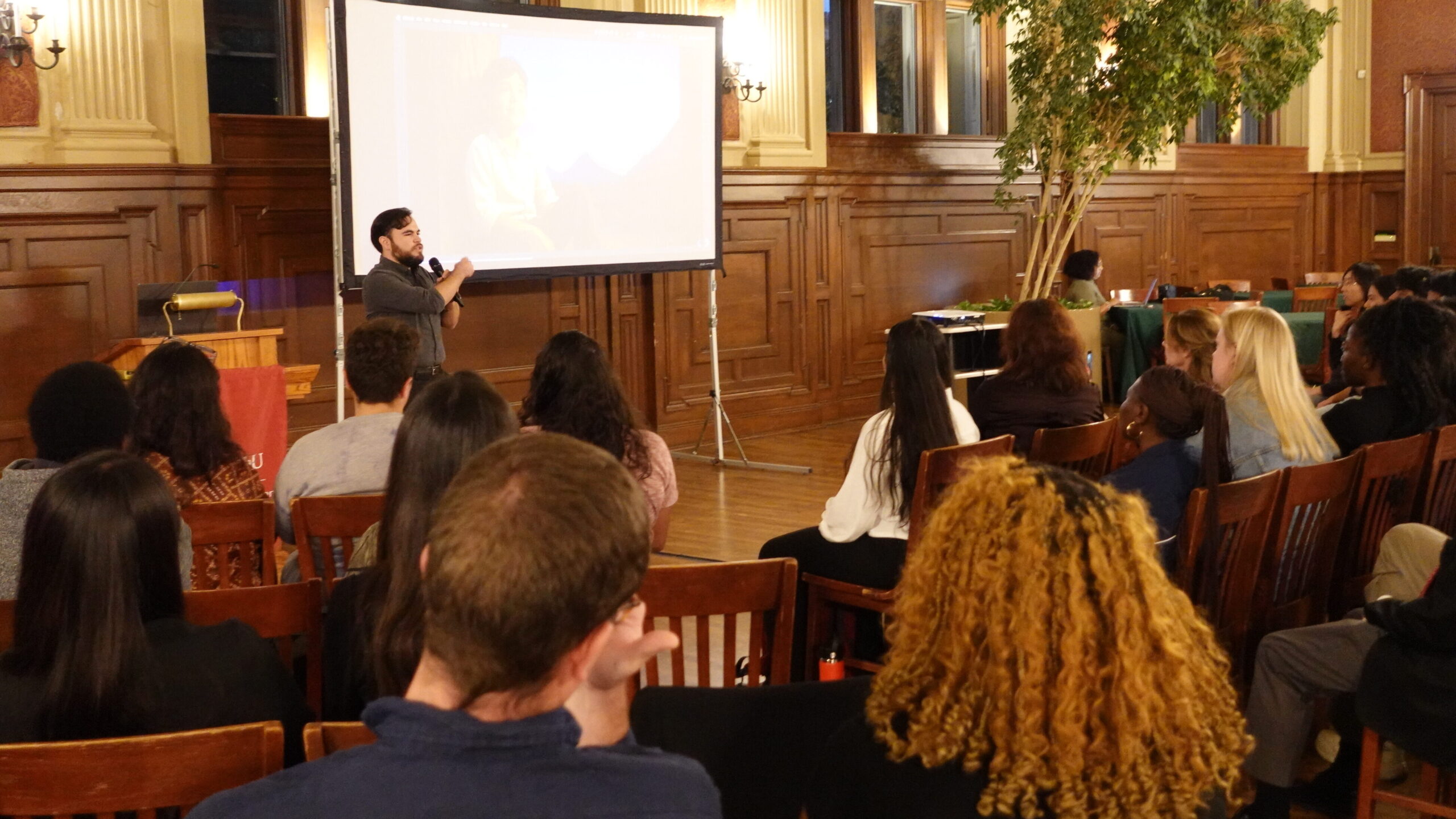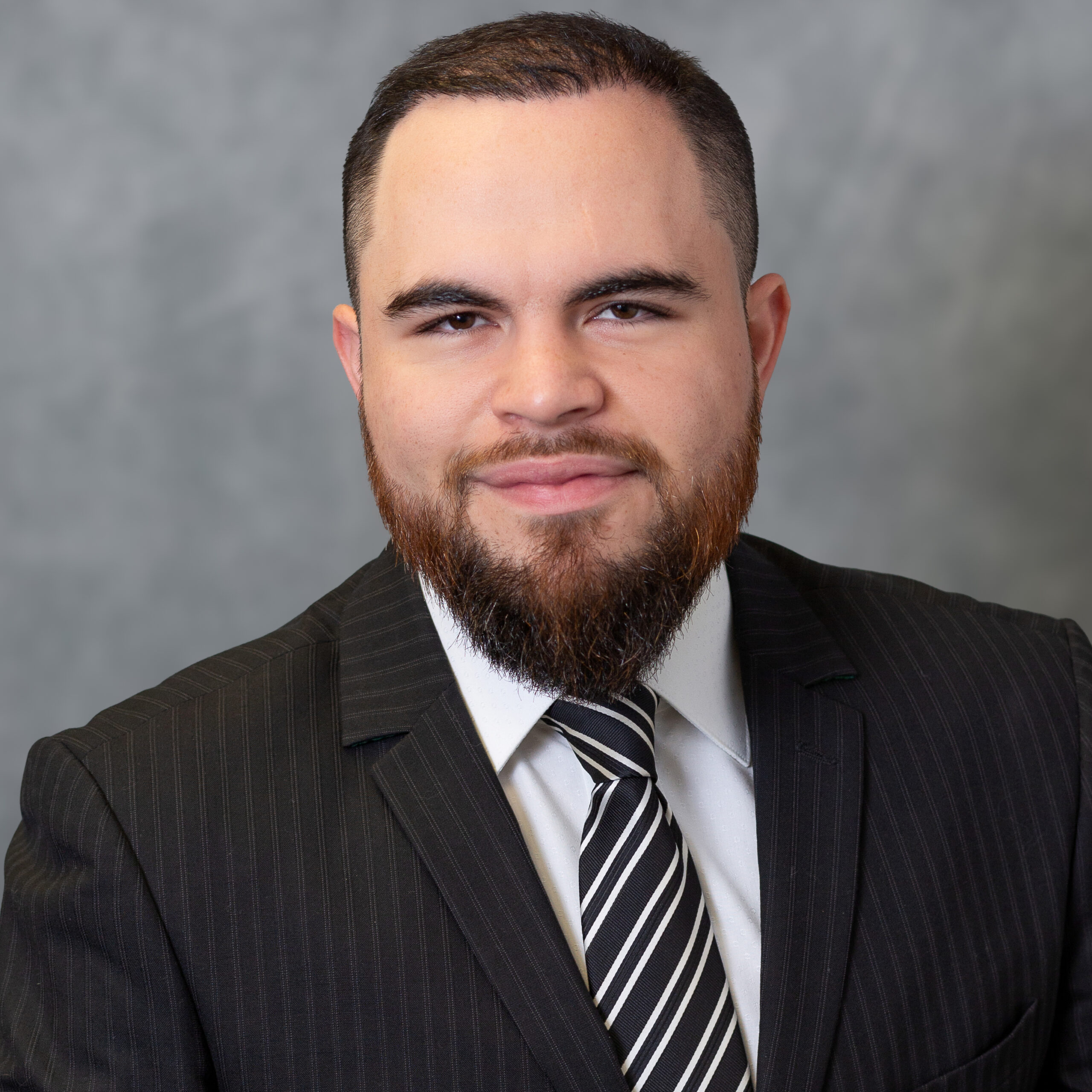Born and raised in Mexico City, Carlos focuses his research on the creation, implementation, and evaluation of public policies aimed at fostering development primarily in the areas of crime, education, and poverty alleviation, drawing from his studies in political science, international relations, applied economics, and data science.
Recently, he has worked as a consultant and data analyst on various projects in collaboration with the Inter-American Development Bank and multiple governments across Latin America.
A proud lover of his region, Carlos fully embraces himself as Latino. Before joining WashU, he spent over 7 months as a digital nomad traveling throughout Latin America with just a backpack. From Mexico to Tierra del Fuego, at the southern tip of the American continent bordering Antarctica, he encountered the diverse issues facing the region and found inspiration in its most beautiful and biodiverse landscapes.
If you can’t find him in the library, he’s probably at the airport catching a flight to his next destination.
Scholar Voices
Global Leadership Vision Op-Ed | A Billion Whys: How Generative AI May Give Voice to the Unheard
By Carlos Lopez de la Cerda | October 2025

In a mountain village with no library and no teachers in any subject, a child slips on a small wearable, and for the first time, a patient tutor who speaks his language answers every “why” across every subject without ever running out.
Generative AI is not just another app. It is a democratic shift that turns access to knowledge into something borderless. What once belonged to privilege (expert feedback, tailored explanations, steady mentorship) can now arrive as a clear voice in your ear. According to a 2024 UNESCO briefing on AI in education, targeted tutoring and language support can close learning gaps when used well; early pilots report gains in foundational literacy and numeracy, especially for underserved students. Beyond classrooms, AI copilots already help newcomers complete complex tasks and reduce the time it takes to catch up.
This matters because education is the engine of development. When individuals gain real access to quality learning, societies grow more productive, healthier, and more innovative. Generative AI can level the field by putting powerful learning tools in the hands of people who have been excluded. The change begins with one person (a first book explained, a concept mastered, a skill practiced) and then moves outward. As more people learn faster and more deeply, workplaces adapt, entrepreneurship expands, and communities develop the capacity to solve problems that once felt out of reach.
Skeptics are right to warn us. We have seen hype before. Massive open online courses promised to democratize learning, yet research later showed that completion skewed toward students who already had advantages. Today’s AI could repeat those errors by amplifying bias, distracting learners, or concentrating power in a few firms. These risks are real. The difference now is the intimacy and adaptability of the medium: a dialogue that meets you where you are, in your language, on a simple and widely available device. The question is not whether this wave arrives (it already appears in real pilots from schools to workforce programs) but whether leaders shape it for equity.
We should begin with three actions. First, schools and ministries should pilot “AI as a public tutor” with guardrails: transparent models, age appropriate use, and teacher oversight. Rigorous reviews, including J-PAL evidence syntheses, find that high dosage tutoring has some of the strongest impacts on learning; AI can extend this at scale if aligned to curricula and measured by outcomes. Second, governments must set data and safety standards: privacy by default, bias audits, and local language access as a right, not a premium feature. Third, industry should adopt an “equity license” for education and workforce tools, offering reduced pricing and offline capable models, plus satellite internet access to reach remote regions that lack connectivity.
Leadership cannot remain on the sidelines. A billion “whys” are coming from voices we have not heard in our lecture halls or boardrooms. If we answer them safely, locally, and at scale, we will not only teach more children; we will invite new leaders into the global conversation. Knowledge should not be rare. It should be everywhere.
